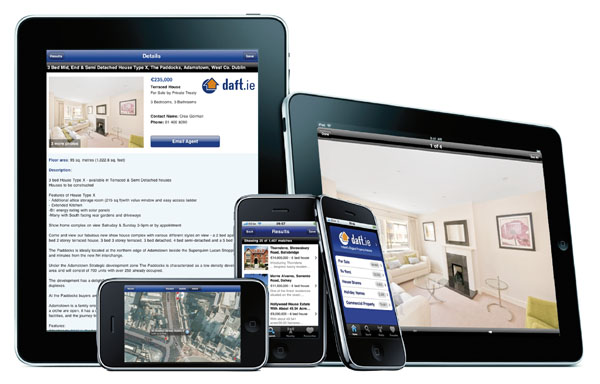 We live in a turned-on, linked-in world where instant access to information is the norm. Long gone are the days of reference books and extensive library searches. The generation who grew up using web based technology is now entering the workplace and bringing their mobile devices with them. As Chief CRNAs, it is to our advantage to use social media to enhance the flow of information within our work groups. However, the use of personal devices in the workplace is not without risk to the patient and administration must establish policies that balance the flow of information with patient privacy and safety.
We live in a turned-on, linked-in world where instant access to information is the norm. Long gone are the days of reference books and extensive library searches. The generation who grew up using web based technology is now entering the workplace and bringing their mobile devices with them. As Chief CRNAs, it is to our advantage to use social media to enhance the flow of information within our work groups. However, the use of personal devices in the workplace is not without risk to the patient and administration must establish policies that balance the flow of information with patient privacy and safety.
In a blog by his own name, Phil Baumann makes the case that there is a place for twitter among healthcare workers. His article lists 140 uses of twitter to enhance communication and efficiency among workers. A few items on the list include:
- Disaster alerting and response
- Emergency response team management
- Alarming silent codes (psychiatric emergencies, security incidents)
- Biomedical device data capture and reporting
- Triage management in emergency rooms
- Publishing health-related news
- Reporting hospital staff injuries
- Reporting medical device malfunctions
- Discussing HIPAA reform in the age of micro-sharing
- Recruitment of health care staff
The blog goes to warn of dangers of using social media in the operating room:
- Patient dignity and privacy
- Professional oaths to do no harm (distracted workers and Infection risk)
- Litigation concerns
- HIPAA
Click here to read the Baumann Blog
An article by Barker, A et al published in the Journal of Clinical Anesthesia discussed the use of social media by Residency programs. The Barker group found that only 30% of residency programs have social media policies in place. They also found that 12% of the programs use a social media search as a part of the initial applicant screening.
The article concluded: “residency programs should have a written policy related to social media use. Residency program directors should be encouraged to become familiar with the professionalism issues related to social media use in order to serve as adequate resident mentors within this new and problematic aspect of medical ethics and professionalism.”
Click here to read an abstract of the Barker article.
Here is the question for PROCRNA.COM readers: Does your department have a social media policy and, if so, is it known by front line workers and enforced by administration? Please leave your comments below.
